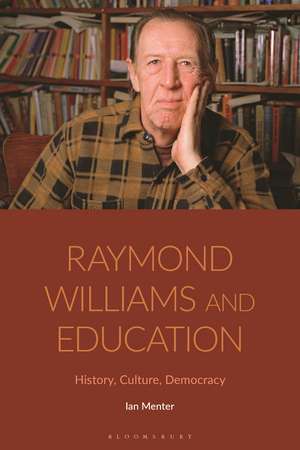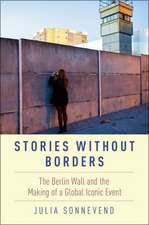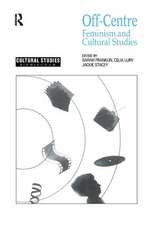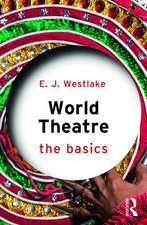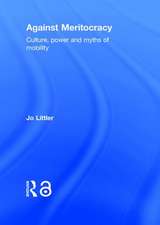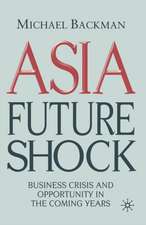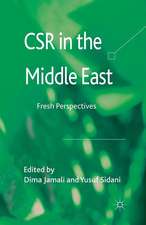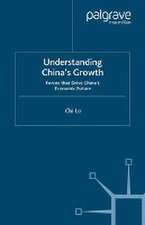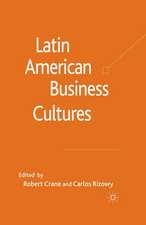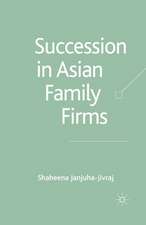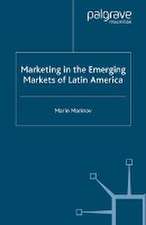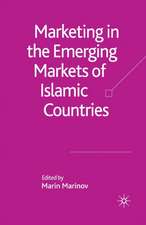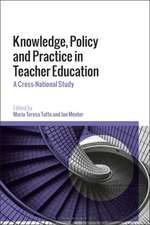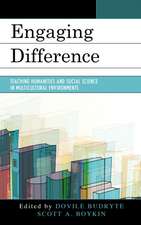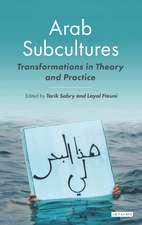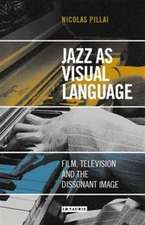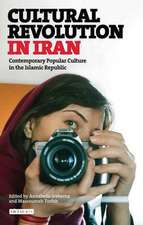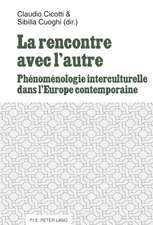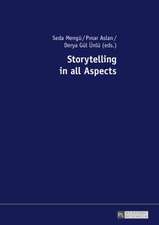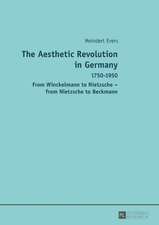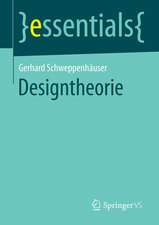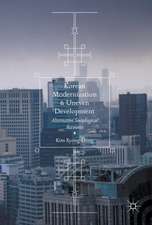Raymond Williams and Education: History, Culture, Democracy
Autor Professor Ian Menteren Limba Engleză Paperback – 26 iul 2023
| Toate formatele și edițiile | Preț | Express |
|---|---|---|
| Paperback (1) | 190.87 lei 6-8 săpt. | +70.26 lei 6-10 zile |
| Bloomsbury Publishing – 26 iul 2023 | 190.87 lei 6-8 săpt. | +70.26 lei 6-10 zile |
| Hardback (1) | 568.55 lei 6-8 săpt. | |
| Bloomsbury Publishing – 12 ian 2022 | 568.55 lei 6-8 săpt. |
Preț: 190.87 lei
Preț vechi: 249.11 lei
-23% Nou
Puncte Express: 286
Preț estimativ în valută:
36.52€ • 38.26$ • 30.27£
36.52€ • 38.26$ • 30.27£
Carte tipărită la comandă
Livrare economică 09-23 aprilie
Livrare express 04-08 martie pentru 80.25 lei
Preluare comenzi: 021 569.72.76
Specificații
ISBN-13: 9781350226821
ISBN-10: 1350226823
Pagini: 224
Dimensiuni: 156 x 234 x 25 mm
Greutate: 0.31 kg
Editura: Bloomsbury Publishing
Colecția Bloomsbury Academic
Locul publicării:London, United Kingdom
ISBN-10: 1350226823
Pagini: 224
Dimensiuni: 156 x 234 x 25 mm
Greutate: 0.31 kg
Editura: Bloomsbury Publishing
Colecția Bloomsbury Academic
Locul publicării:London, United Kingdom
Caracteristici
Includes a foreword by Michael Apple who is John Bascom Professor Emeritus of Curriculum and Instruction and Educational Policy Studies (University of Wisconsin-Madison, USA)
Notă biografică
Ian Menter is Emeritus Professor of Teacher Education at the University of Oxford, UK. He is Senior Research Associate at Kazan Federal University, Russia, Visiting Professor at Ulster University, Northern Ireland, Visiting Professor at Bath Spa University, UK, and Honorary Professor at the University of Exeter, UK. He is a Past-President of both the British and Scottish Educational Research Associations (BERA and SERA).
Cuprins
PrefaceForeword, Michael Apple (University of Wisconsin-Madison, USA)Introduction1. Biography and Education: Williams' Own Educational Experiences2. Education in Fiction and Fiction in Education: Williams' Novels and his Analyses of English Literature3. The History of Schooling in England: Education in The Long Revolution4. The Significance of Adult Education5. Culture, the Academy and the Role of the Public Intellectual6. Cultural Studies and the Educational Role of the Arts and Media7. The Theoretical Legacy: Structures of Feeling; Cultural Materialism; Base and Superstructure8. Conclusion: Language and Culture; Tradition and RevolutionReferencesIndex
Recenzii
Ian Menter provides a brilliant account of Raymond Williams' life and theoretical and creative contributions to the social sciences and humanities. Drawing on Williams, he also elucidates the structure of feeling in contemporary education and resources of hope for rethinking education towards achieving more democratic and socially just societies.
We know almost nothing about Raymond Williams' influence on and in education. This wonderful book remedies that omission. This is a rigorous, sympathetic and insightful account of Williams' contribution to educational thinking. It draws not only on his well-known academic works but also his novels, essays and other writing. Menter has done a great service to the education community.
Part biography, part affectionate critique, Ian Menter's masterful treatment of Williams' work is a timely reminder of the responsibility of intellectuals to engage the wider world. This volume situates education - writ large - within the broader story of social change, and points to the work still to be done.
Menter does the legacy of Raymond Williams a great service . This is a book worth reading in its entirety . [and] provides a forceful reminder that this legacy offers alternative ways to thinking about education that have relevance today.
We know almost nothing about Raymond Williams' influence on and in education. This wonderful book remedies that omission. This is a rigorous, sympathetic and insightful account of Williams' contribution to educational thinking. It draws not only on his well-known academic works but also his novels, essays and other writing. Menter has done a great service to the education community.
Part biography, part affectionate critique, Ian Menter's masterful treatment of Williams' work is a timely reminder of the responsibility of intellectuals to engage the wider world. This volume situates education - writ large - within the broader story of social change, and points to the work still to be done.
Menter does the legacy of Raymond Williams a great service . This is a book worth reading in its entirety . [and] provides a forceful reminder that this legacy offers alternative ways to thinking about education that have relevance today.
